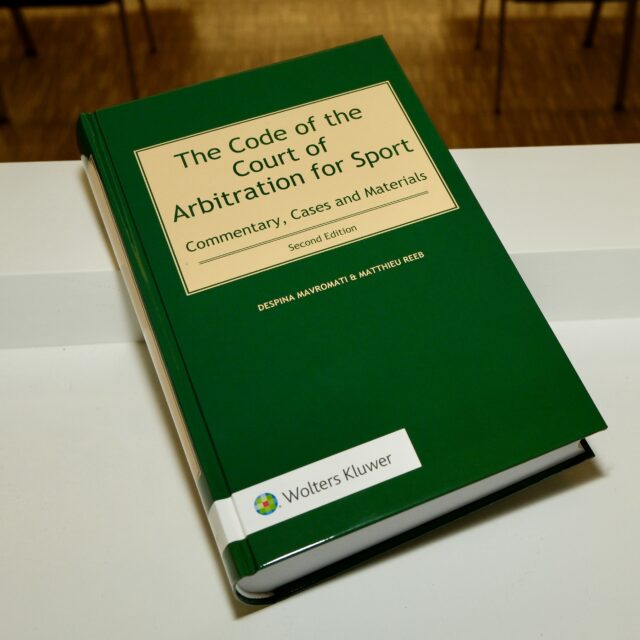4A_660/2020, Judgment of February 15, 2021, Appeal against the CAS Award of November 18, 2020 (CAS 2019/A/6516)
The employment dispute before a professional coach (the Coach) and a national football federation (the Federation) arose after the termination of the Coach’s contract following his refusal to select a certain player for an international match due to match-fixing allegations of the latter. The FIFA Player’s Status Committee (PSC) issued a decision against the Federation ordering the latter to pay damages for breach of contract, decision that was confirmed by the CAS in appeal.
In the subsequent federal proceedings, the Federation (Appellant) requested to annul the CAS award for violation of substantive public policy. More specifically, the Federation alleged a violation of the principle of pacta sunt servanda for the wrong interpretation of a contractual clause on early termination without just cause (at 3.2.1).
As usual, the Swiss Federal Tribunal reiterated the extremely limited scope of the principle in federal proceedings, which is only violated if the arbitral tribunal refuses to apply a contractual clause although it assumes that it binds the parties or, inversely, derives an obligation from a clause which it considers non-binding. In contrast, the process of contractual interpretation and the legal consequences drawn therefrom are not covered by the principle of contractual fidelity. In the present case, the Sole Arbitrator had applied the contractual clause but interpreted it differently from the Appellant, which obviously fell outside the scope of pacta sunt servanda (at 3.2.2).
Similarly, the Appellant also alleged a violation of substantive public policy considering that the Sole Arbitrator’s interpretation of the contractual clause constituted an excessive commitment within the meaning of Article 27 para. 2 CC (at 3.3.1). The Federal Tribunal held that this was an inadmissible criticism of appellatory nature which fell outside the scope of the Federal Tribunal’s review. Moreover, the Appellant had failed to show and establish an obvious and serious violation of personality that could possibly violate the substantive public policy (at 3.3.2, with references to BGE 138 III 322 at 4.3).








